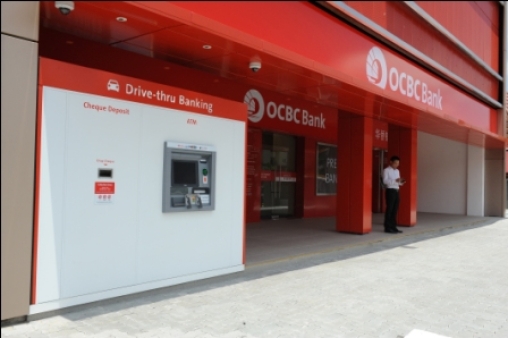
Fears rise over OCBC's risk of overpaying Wing Hang Bank bid
Share price tumbled on bid reports.
According to CIMB, following press reports that OCBC is in exclusive talks to buy Wing Hang, OCBC suspended trading in its shares and issued a statement confirming the talks, although there is not yet a binding agreement.
Before the suspension, market concerns that OCBC could be overpaying for a low-ROE franchise sent its shares justifiably lower
Here's more:
Obviously, the risk of OCBC overpaying is a concern that caused its share price weakness. The other concern for OCBC is whether it would need to issue shares.
We think it depends on pricing. Based on our estimates, we believe that OCBC will see its CET1 ratio fall short of MAS’s minimum (all-in) 9%-level, if it made an all-cash offer at between 1.7x and 1.9x P/BV; with that, some form of share issuance or share swap is likely.When Reuters carried the news that there were four bidders eyeing Wing Hang last year, the company’s shares rallied on M&A speculation.
However, as various press reports over the weekend said that OCBC was in exclusive talks with Wing Hang’s substantial shareholders, the latter opened weak on Monday.
We think that it was unreasonable to expect a bidding war for Wing Hang in the first place. The dismal returns in the Hong Kong market are reflected in Wing Hang’s 9.5% ROEs.
Prior to its M&A hype, it was only trading at the 1.2x P/BV range, making its last close (1.74x P/BV) still looking expensive. OCBC has a higher ROE (10.8%) than Wing Hang but only trades at 1.24x CY13 P/BV.
Wing Hang is a moderate-sized asset in an unattractive market. We think OCBC should be well aware of this and not bid aggressively just for a better position to capture future Asian trade business.
If speculations are correct, the fact that three other bidders have baulked and left Wing Hang with a single suitor is an indication that the dowry demanded is not low. The other caveat is that OCBC needs to buy more than the 45%-stake sold by the major shareholders, or else further capital deductions apply.






















 Advertise
Advertise








